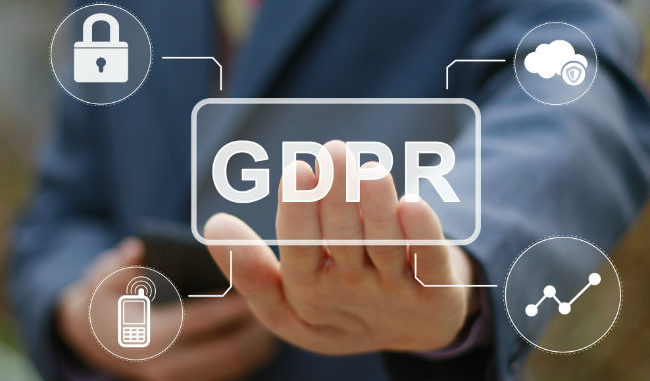
6 Ways to Resolve Domain Name Disputes Without WHOIS Information
Dealing with domain name disputes has become a bit more difficult. Regulations like the European Union’s GDPR seek to protect personal information on the internet. This impacts the WHO IS information of personally owned websites the most. You’ll learn a few methods to work-around these new changes by reading this article.
What Is the GDPR’s Impact on WHOIS Info?
The GDPR impacts all the countries inside the EU. It is a big market. This has led many organizations to adapt to this new policy. This is because it applies to every firm offering a service in the European Union and carries large fines.
People used to pay extra to keep registration information from the WHOIS database private. This will now be the default for Whois information about personal websites hosted in Europe. You can still resolve disputes, but it’ll be more indirect.
You can read a more in-dept account of the GDPR’s impact right here.

Contacting Websites with Hidden WHOIS Data to Handle your Dispute
- You can still search the website for info. Look for pages like the contact form and the about us page. This should have information on how to contact them if they’re an active web master. Give them a few days to reply. If they don’t reply, it is best to contact their hosting provider.
- Another choice is to look up their social media profiles. This may give you the names of associates who you can reach out to. Look for Facebook and Twitter accounts based on their domain name.
- The Whois data will still show you the domain registrar. This is basically the company that rents out domain names to the site owner. If you still have an issue, you should contact the registrar at one of their email addresses.
- They must maintain an email address to respond to things like copyright issues. There is also a requirement for the web hosting companies to keep anonymous emails that forward to the actual domain’s operator.
- Companies aren’t likely to be protected by the GDPR. This means their WHOIS information should have all the regular emails and phone numbers you’re used to seeing. They will almost certainly have contact pages and social media support accounts too.
- Other cases may force you to look up old copies of the database. You can find WHOIS information about most sites this way too. Most of these services require a subscription after making a few lookups. Here’s a list of the best WHOIS database download websites.
- In some cases, it may not be taken seriously. This will force you to contact a lawyer to send a letter. Many people don’t like receiving mail from someone else’s lawyer since it means trouble.
Most domain and web hosting services take these things seriously and will respond quickly. You can take action under the UDRP which means the Uniform Domain Name Resolution Policy. Or you can use the Uniform Rapid Suspension System known as the URS. These are more drastic actions and should be kept for last.
GDPR Won’t Change the Benefits of WHOIS
The new changes to the Who is database may be alarming. But, the impact may not be as bad as some expected. Start with the simple methods like looking for a contact page. Keep escalating if you receive no answer about your domain name disputes. You have many places to look and many tools at your disposal to find the owner.

Leave a Reply
You must be logged in to post a comment.